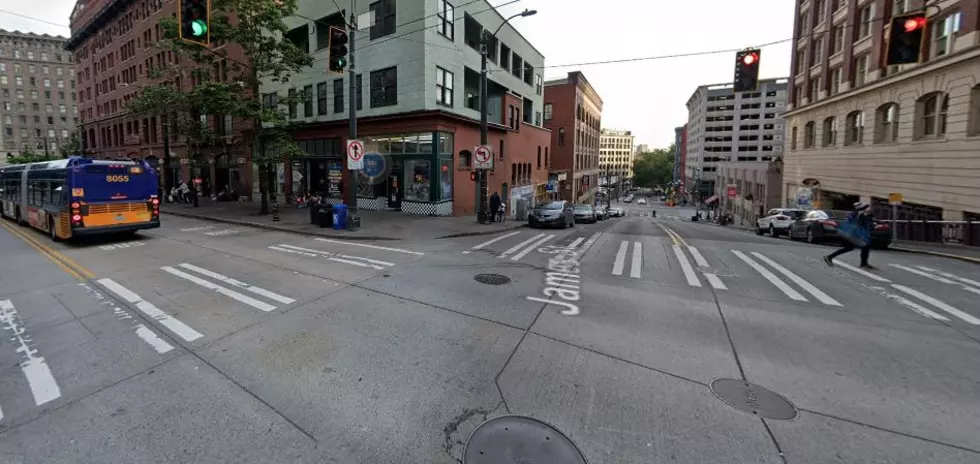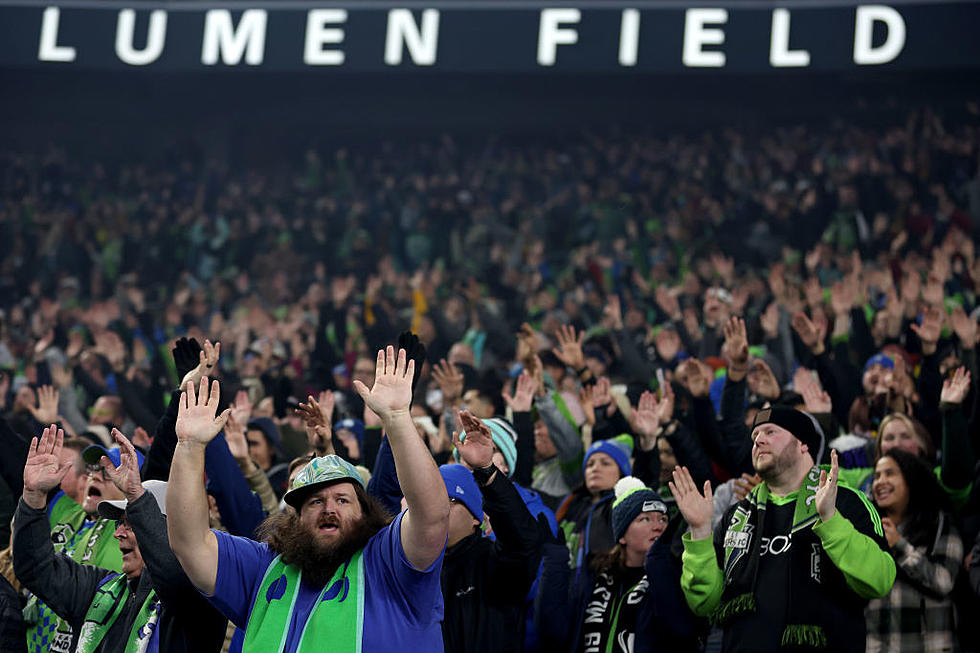
New UW Study Says $15 Minimum Wage Actually Costs Workers
In yet another example of how those who were pushing the $15 minimum wage didn't to their homework, or use business common sense, a new University of Washington study shows while workers ARE making noticeably more money, it's offset because they're getting fewer hours.
After a number of special interest groups, and even some labor unions such as SEIU helped push through a $15 minimum wage law in Seattle, people began to watch closely to see it's effect.
Some experts, such as the University of California-Berkeley, claim the $15 minimum wage hasn't affected retail business or restaurants in San Francisco. But according to Fox Q13 TV in Seattle and other sources, the rise in pay has come with a price. San Francisco did see a noticeable number of restaurants and businesses, mostly mom-and-pop, that closed or laid off workers due to their $15 wage.
The University of Washington study says the average Seattle worker has seen about a 9 percent reduction in their hours worked. In short, on average, that can mean the difference of about $125 bucks per month. Seattle was one of the first cities to adopt the $15 minimum wage. The study also says under the old wage system, there would likely be around 5,000 new or more minimum wage jobs in the city.
That 5,000 difference is not gigantic in a city with nearly a million in it's metro and surrounding areas. But the loss of hours is significant.
Experts say those who were pushing for the wage didn't understand simple economics. Most small and even medium businesses could not afford to absorb the increase, and also couldn't pass on the cost to consumers for fear of losing business. Many believe this trend will continue, fewer hours, and fewer hires due to the cost in the future.
So, when legally forced to raise wages, the inevitable push back is cutting hours. It's an age-old law of economics, say these experts. It's a law that supporters of the $15 wage either didn't understand, didn't consider, or just don't care.
More From 870 AM KFLD









